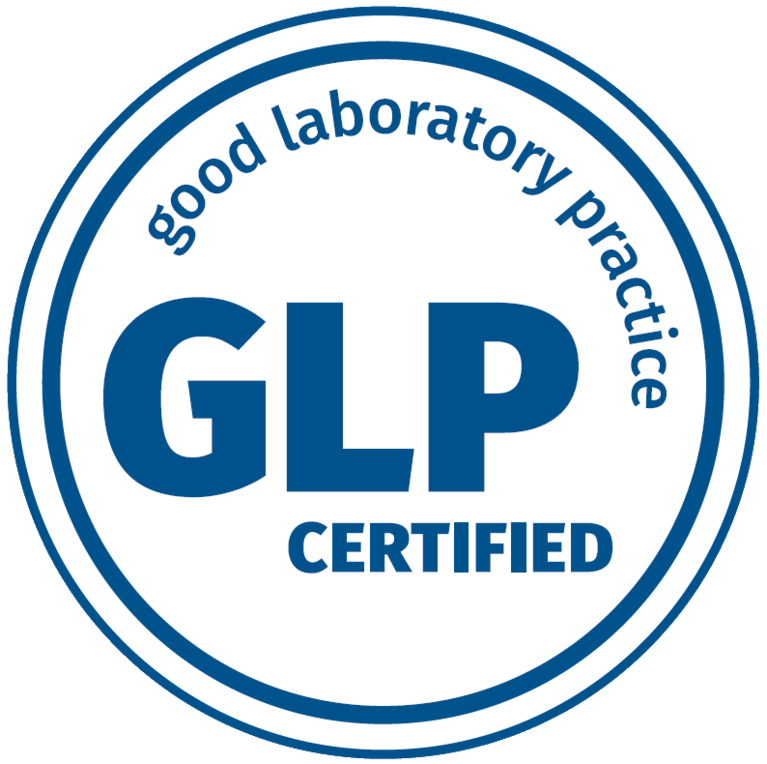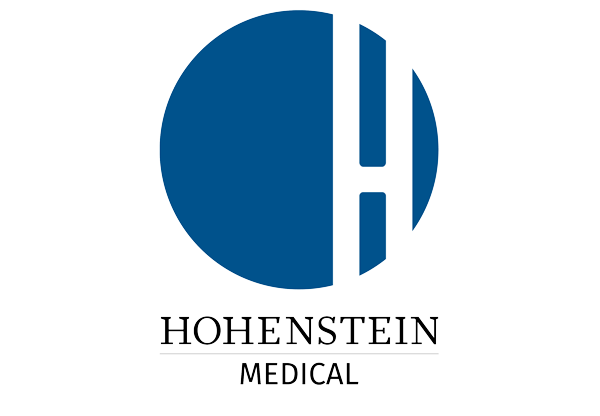EU Medical Device Regulation (MDR) Requirements
- Conformity assessments for devices based on risk class
- Technical files with GLP-compliant biological safety data
- CE marking prior to market placement
Hohenstein Medical is a global, best-in-class GLP-certified and ISO/IEC 17025-accredited laboratory, conducting biocompatibility testing for medical devices, including chemical screenings, biological in-vitro tests and microbiological evaluations such as bioburden and barrier effectiveness.
We offer comprehensive testing services, including single-use and reusable products, finished devices and components, patient-contact materials and protective equipment — all tailored to the intended use, contact classification and regulatory pathway. Our expert team collaborates closely with clients and customizes study designs when standard methods are not sufficient.
Hohenstein Medical is a division of Hohenstein Laboratories, a leading provider of independent testing, research and certification services with more than 80 years of scientific experience and involvement in international standard development.
We test single-use and reusable products, finished devices and components, patient-contact materials and protective equipment—tailored to the intended use, contact classification and regulatory pathway.


For over 30 years, Hohenstein’s medical division has applied expertise in medicine, biomedicine, engineering and chemistry to deliver targeted testing for medical devices and materials.
We are an ISO/IEC 17025 accredited and GLP-certified laboratory helping companies bring safe, effective medical devices to market. Independent proof of safety is essential to meet regulatory requirements worldwide, including FDA guidance and the European Medical Device Regulation (MDR).
We deliver this evidence through accredited testing, close collaboration with clients and customized study designs when standard methods are not sufficient. Global manufacturers rely on our independent testing and assessments to strengthen products and achieve regulatory approval.